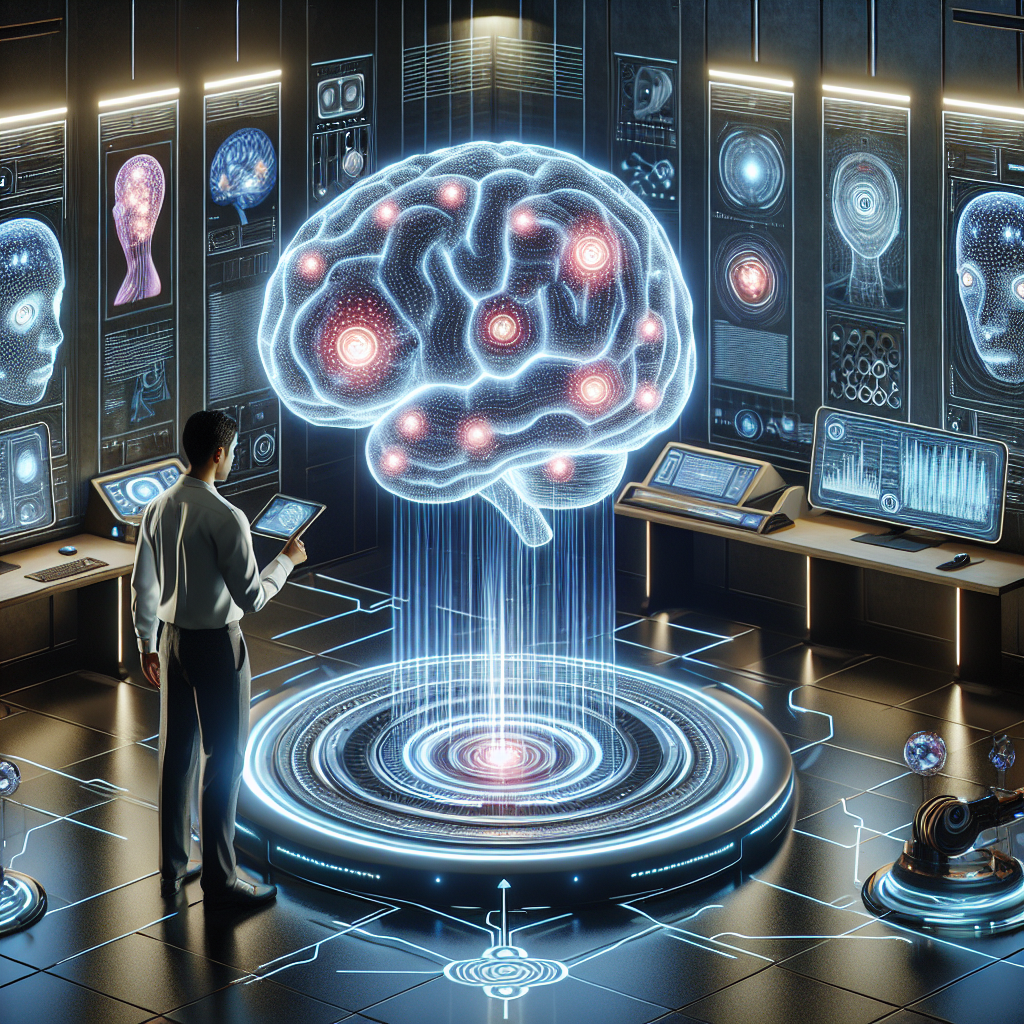“`html
Innovation Explored: AI in Speech Recognition
Hey there! So, you’ve been hearing a lot about AI and speech recognition, right? It’s a hot topic in tech and for good reason. Let’s dive into some of the common questions people have about it, and hopefully, clear things up in a fun and informative way!
What exactly is AI in speech recognition?
Great question! At its core, AI in speech recognition refers to using artificial intelligence technologies to understand and process human speech. It essentially involves converting spoken language into text or actions. Think of personal assistants like Siri or Google Assistant—they rely on speech recognition to function.
How does AI manage to understand different accents and languages?
That’s a fascinating part! AI speech recognition systems are trained on massive datasets containing diverse accents and languages. These systems use neural networks to recognize patterns and variations in speech. As they process more data, they get better at understanding different accents and languages. It’s like teaching your dog new tricks, but in this case, the AI doesn’t need treats!
What are the practical applications of this technology?
There are so many cool applications! Here are a few places you’ll encounter AI-driven speech recognition:
- Smart Home Devices: Control your lights, thermostat, and even your coffee maker with voice commands.
- Accessibility Tools: Helping those with disabilities communicate more easily, for example, through voice-to-text services.
- Customer Service: Automated phone systems that understand and respond to customer queries.
- Transcription Services: Transforming spoken words from meetings, lectures, or videos into text.
Is my privacy protected when I use speech recognition features?
Privacy is important to consider. Most companies use encryption to protect your data. However, it’s a good idea to review the privacy policies and settings associated with any AI speech recognition tool you use. Enable features like voice data deletion if you’re concerned about your recordings being stored.
Can AI speech recognition replace human jobs?
It’s natural to wonder about this. While AI can perform certain tasks efficiently, it also creates new opportunities. For example, it frees up humans from tedious transcription work, allowing them to focus on more complex, creative tasks. The key is adapting and learning to work alongside new technologies.
What’s the future of AI in speech recognition?
The future looks bright, with advancements making systems even more accurate and context-aware. Imagine having real-time translation tools that can seamlessly overcome language barriers during conversations. The potential is vast and continues to grow with ongoing innovations.
So, there you have it! AI in speech recognition is a transformative technology that’s reshaping how we interact with machines around us. Whether it’s making life more convenient or breaking down communication barriers, the possibilities are truly exciting.
Still have questions? Don’t hesitate to ask. We’re all ears! 🎧
“`
